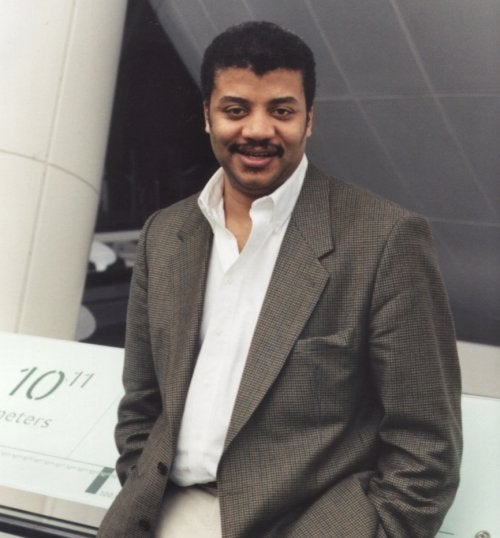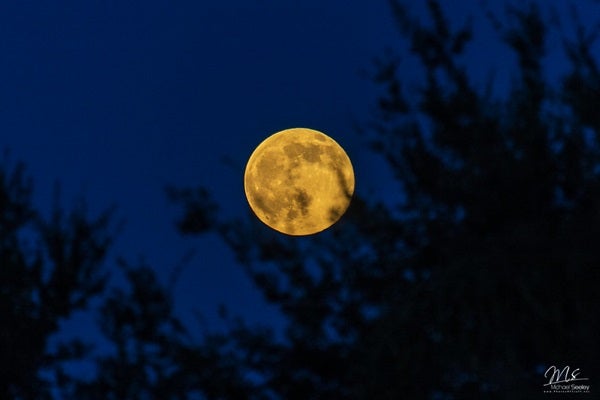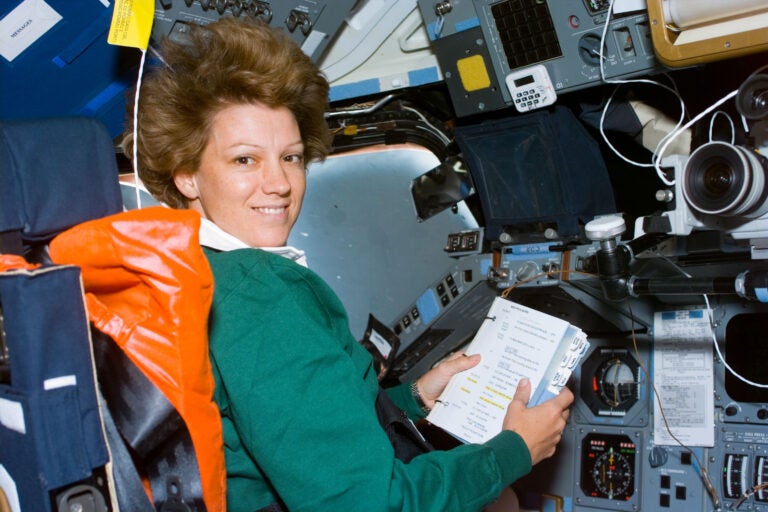The following excerpt describes a time when Tyson, as a college student, was condemned by a fellow Harvard student for pursuing a career in astrophysics. This passage can be found on pages 135–6 in Tyson’s memoir The Sky is Not the Limit: Adventures of an Urban Astrophysicist (Prometheus Books, 2004):
No wrestling move he had ever put on me was as devastating as those accusatory words. Never before had anyone so casually, yet so succinctly, indicted my life’s ambitions.
My wrestling buddy was an economics major and, a month earlier, had been awarded the Rhodes Scholarship to Oxford where, upon graduation, he planned to study innovative economic solutions to assist impoverished urban communities. I knew in my mind that I was doing the right thing with my life (whatever the “right thing” meant), but I knew in my heart that he was right. And until I could resolve this inner conflict, I would forever carry a level of suppressed guilt for pursuing my esoteric interests in the universe.
During graduation week of my senior year of college, an article appearing in The New York Times broadly profiled the 131 black graduates of my Harvard class of 1,600 people. The Times made public for the first time that only 2 of the 131 graduates had plans to continue for advanced academic degrees. I was one of those two. The rest were slated for law school, medical school, business school, or self-employment. (The other “academic” was a friend of mine from the Bronx High School of Science who graduated college in four years with both his bachelor’s and master’s degrees in history.) Given these data I became further isolated from the brilliant good-deed doers of my generation.










